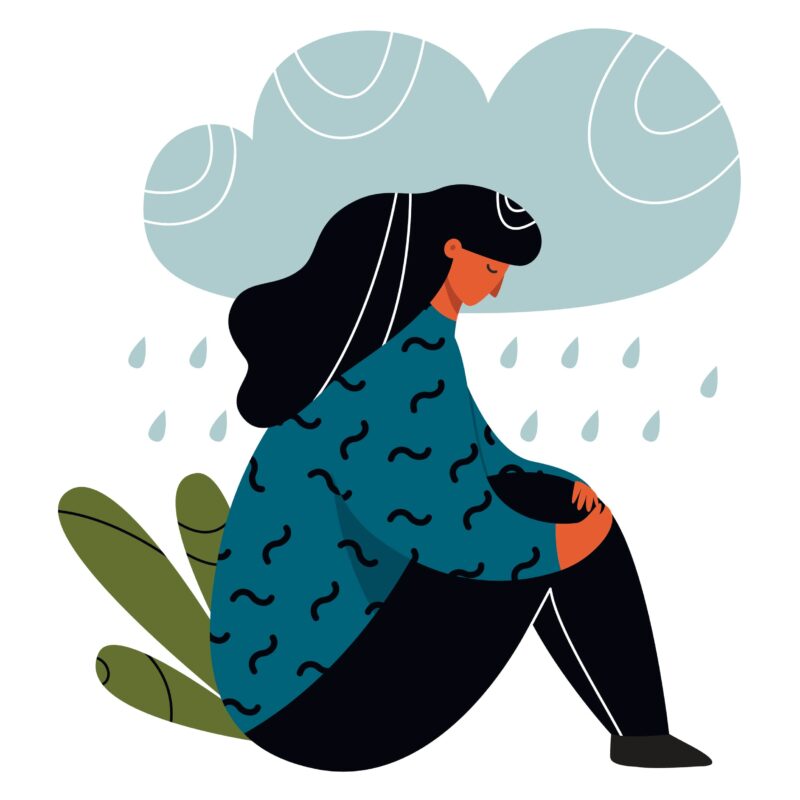Why am I always feeling down? Why am I losing interest in the things I liked to do in the past? Dealing with life changing events can be difficult. It is crucial to be aware of our moods and be mindful about how they can affect our lives.
What are the differences between low mood and depression?
When facing with difficult situations such as conflicts at workplace, failing an exam, quarrelling with a friend or ending a relationship, it is normal for us to be in a state of low mood. This process is natural and also common in our daily lives and can be improved by resolving the issue. However, a prolonged and persistent period of intense feeling of sadness, that leads to a series of emotional and physical problems may be signs of depression, which can impact greatly on our daily functioning and physical health.
Take note of the signs and symptoms of depression
Persistent low mood are often early onsets of depression. It is essential to keep our emotional and physical states in check. Are you experiencing the following:
- Feeling down, sense of sadness and emptiness for a prolonged period of time
- Losing interest in activities once enjoyed
- Lacking of sleep or sleep excessively
- Significant change in weight in a month
- Feeling of fatigue everyday
- Feeling worthless or guilty
- Difficulty in concentrating or making decision
- Thoughts of death
What can we do to help ourselves?
- Regular physical exercise helps to improve mood
- Quality sleep
- A balanced and healthy diet. Avoid alcohol consumption.
- Engage in social activities
- Seek support from your loved ones
- Seek help from 365CPS counselling service and other mental health care professionals






